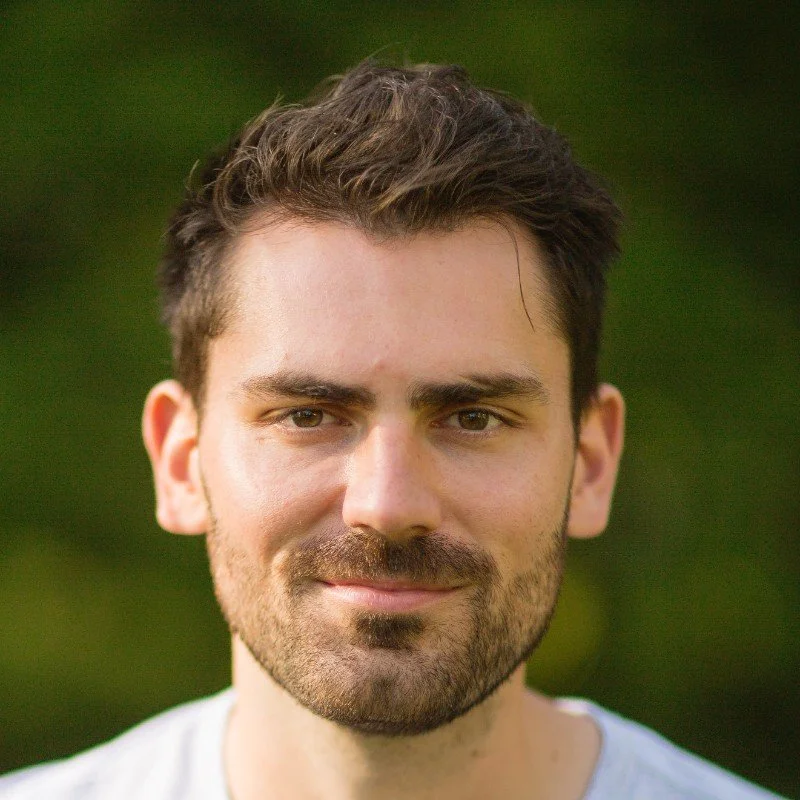Derrick Emsley · Co-founder & CEO of veritree - Data-driven Restorative Platform & tentree Apparel
/Co-founder & CEO of veritree - Data-driven Restorative Platform & tentree Apparel Co.
I think what's powerful about a tree is it's tangible and it's symbolic in a lot of ways. We as humans naturally have this emotional connection, I think, to trees, and so particularly when you think of our ability to take action within the climate crisis conversation, a tree is this really powerful symbol and vehicle because it's a lot easier to understand a tree than it is to understand a pound or two of CO2 that's floating in the air. So for us, tree planting is just the start of the communication, just the start of the impact. Really if all it was was to get a stick in the ground that wouldn't have the long-term impact, whether that be carbon, whether that be socioeconomic impact, and things like that. So really for us, veritree helps us collect all that data and create the operating system to pull in the data on everything from planting forms and field updates that are coming in, survivability analysis, and different updates on things like biodiversity. We're partnering with some groups to test underwater sensors in some of these planting sites. We're collecting socioeconomic surveys and things like that to try to attach the impact to the community and back to the planting that's happening.



















